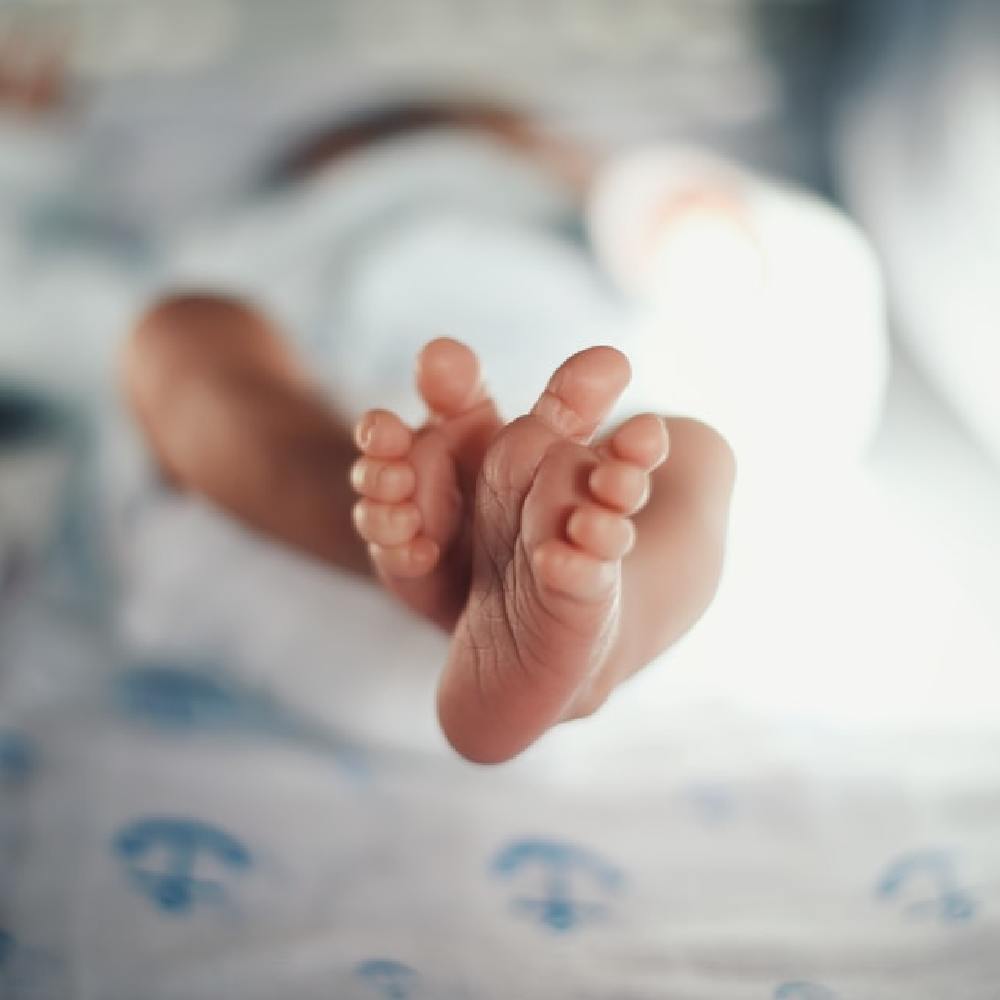By Chesca Colloredo-Mansfeld, CEO and co-founder of MiracleFeet, the leading global children’s nonprofit organization on a mission to eliminate untreated clubfoot worldwide.

Image courtesy of Unsplash
Maternal Mental Health Awareness Month in May is designed to shine a light on the mental health problems faced by mothers during and after pregnancy. Discovering your child has a disability can be a huge shock and can bring new emotions and challenges. A new mother may feel distressed, or filled with disbelief, shock, anger, guilt, or even denial. These are all perfectly normal feelings. To help cope with this diagnosis, seek accurate information from your healthcare provider, ask questions, and ensure that you understand the diagnosis, the treatment process, and the immediate next steps. Be sure to only seek out information from a qualified healthcare professional in the field, to ensure the information is reliable and trustworthy.
One of the most challenging things for mothers to accept is the possibility that their child's future may be different from what they expected or hoped. Whilst this may be true for some learning or physical disabilities, luckily, clubfoot is different as it is highly treatable. Unfortunately, many new mothers may not be aware of this. Some women may have never heard of the condition before, leaving them confused about what it is, what treatments are available, and many may be frightened about what this entails for their child.
Even though clubfoot is classified as a disability and the diagnosis would likely worry any new mother, the good news is that more than 95% of children who are treated early can experience active, healthy lives, with minimal, if any, lasting effects.
Fortunately, mothers living in the UK or a country with advanced medical care will likely receive an early diagnosis followed by quality treatment, reducing the likelihood that their child would experience any lasting effects.
However, there is no right or wrong way to react to a diagnosis – everyone will take the news differently and it might take some time to sort through your feelings.
If you feel alone, guilty, or scared following the news, seek out support from a group where you can talk to other parents who are going through or have been through the process. There are many Facebook groups, blogs, and other resources available at www.miraclefeet.org/about-clubfoot/resources.
MiracleFeet is the largest global non-profit organization working to ensure that every child born with clubfoot has access to the medical care they need to thrive. Founded in 2010, MiracleFeet has already helped 64,000+ children across 29 countries. Through partnerships with local healthcare providers, they work to bring clubfoot treatment to countries lacking adequate access to this inexpensive treatment—costing only 350 GBP per child on average. With the help of MiracleFeet, this care is either free or very low-cost for the families who require it.
www.miraclefeet.org

Tagged in Parenting Advice Parenting Tips

